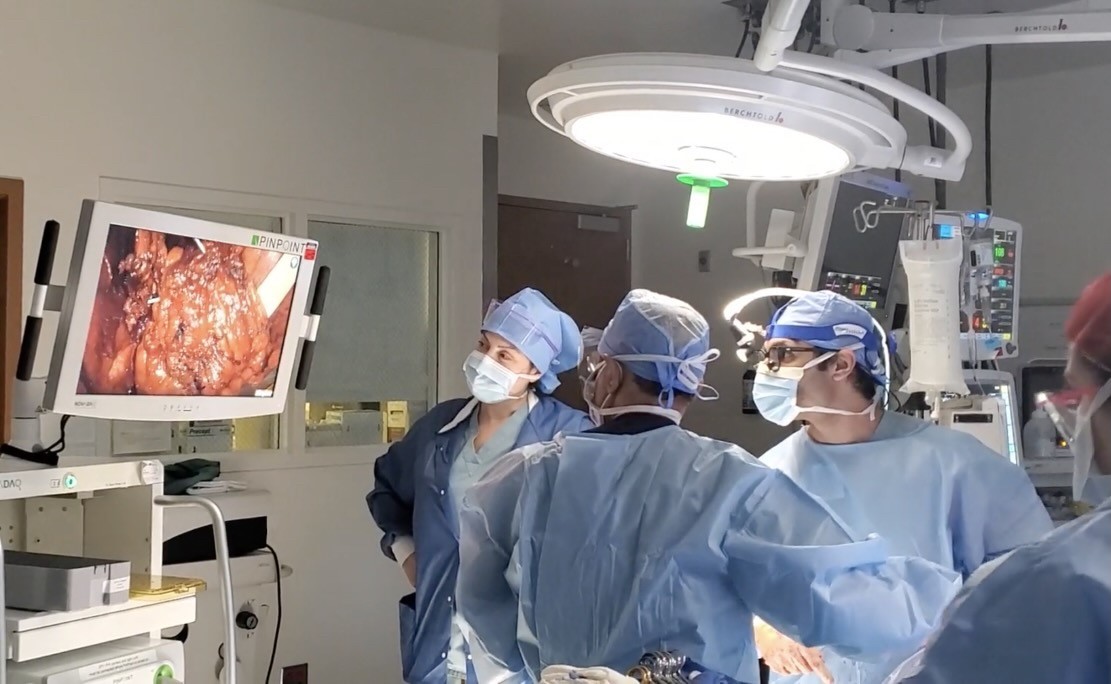Screening is underway to find a patient for the world's first bladder transplant in humans.
Like hearts or eyes, the patient’s diseased bladder will be removed and replaced with a healthy bladder from a deceased donor. The roadmap is to grow new organs from a patient's own stem cells, meaning no need for immunosuppressive drugs or other complications, but transplants can help tens of millions of people with bladder disease and dysfunction, some which require bladder reconstruction, a surgical procedure wherein the bladder is removed, and a new bladder is made from the patient’s own intestines. Though valuable, it carries a high risk of early and delayed adverse side effects, and not every patient is a candidate for this surgery.
Bladder transplants have not been done yet in humans because of the complicated vascular structure of the pelvic area and the technical complexity of the procedure. Today it is possible because it can be done completely using robotic surgery, an advanced form of minimally invasive surgery in which surgeons use a high-definition, three-dimensional camera to guide a robot to perform surgery using smaller, more precise incisions with more dexterity than is possible using hand-held surgical tools.

The Keck Medicine of USC surgical team evaluates the integrity of a bladder during the research and development stage of bladder transplantation. Photo courtesy of USC Urology
As part of the research and development stage, the Keck Medicine of University of Southern California team successfully completed many practice transplantation surgeries, including the first-ever robotic bladder retrievals and successful robotic transplantations in five recently deceased donors with cardiac function maintained on ventilator support.
The procurement, surgery and post-surgical monitoring during transplantation were aligned with current clinical and research standards. OneLegacy Foundation, an organ procurement organization serving Southern California, provided clinical trial funding. Donor families enabled bladder donations that made the trial possible.